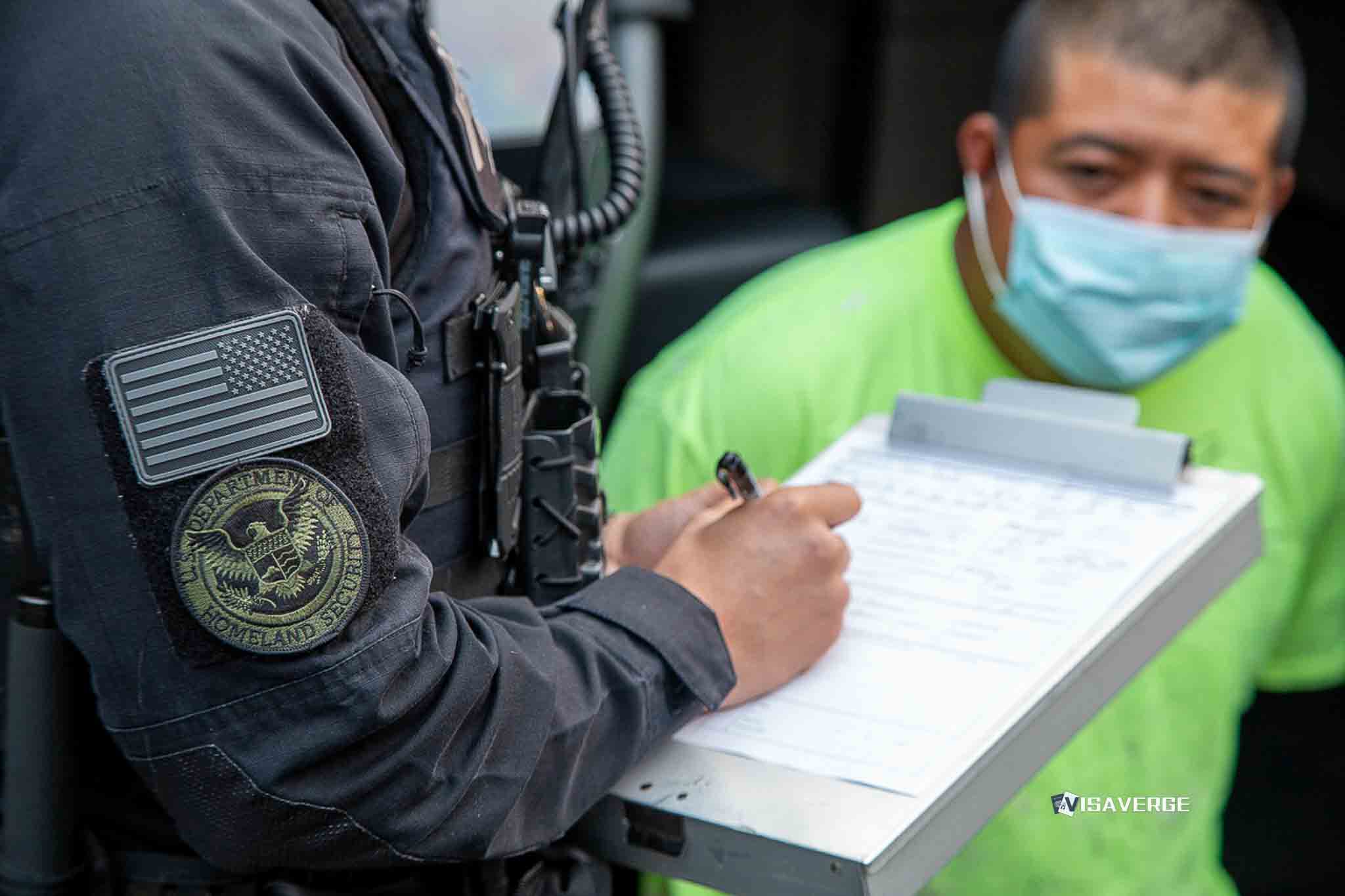Key Takeaways
- Navigating the costly U.S. healthcare system is challenging for F1 students, often resulting in unexpected medical bills without insurance coverage.
- Key strategies include hospital negotiations, charity care, university assistance, and potentially emergency work authorization to manage high expenses.
- Preventive measures involve thoroughly understanding insurance policies, considering supplemental insurance, and utilizing university healthcare resources effectively.
As an F1 international student in the United States 🇺🇸, encountering high medical bills can feel like an uphill battle, especially when those bills aren’t covered by your insurance. The U.S. healthcare system is one of the priciest worldwide, often leaving students like you grappling with unexpected costs. This article delves into the avenues available to manage such expenses without compromising your immigration status or financial health.
Understanding the U.S. Healthcare System for F1 Students

In the U.S., healthcare is primarily driven by private insurance, often making navigation difficult due to its complexity and cost. While the U.S. government doesn’t mandate health insurance for international students, universities usually require it for enrollment. University-sponsored plans are common among F1 students, offering comprehensive coverage but at a higher cost. Conversely, private insurance might be cheaper yet come with higher deductibles and limited coverage, particularly for emergency care.
Challenges F1 Students Face with Medical Bills
One of the critical hurdles is insurance denials. Treatments deemed non-emergent by insurers can lead to unexpected out-of-pocket expenses, especially with high-deductible plans that require significant personal payment before insurance kicks in. Additionally, the lack of coverage for specific services and the complicated nature of insurance terms add to the confusion, making it hard to anticipate final medical costs.
Strategies for Managing High Medical Bills
If you find yourself with a sizable hospital bill, several strategies can help lighten the load:
- Negotiating with the Hospital
Hospitals may be willing to lower bills if you can show financial hardship. As an international student with limited income, your case might result in reduced charges. Many hospitals offer payment plans, allowing you to pay smaller amounts monthly until your bill is settled. Alternatively, some hospitals provide upfront payment discounts, easing financial strain.
-
Applying for Charity Care
Non-profit hospitals often have charity care programs to support patients who struggle with medical bills. As an F1 student, you might qualify based on your financial situation. Importantly, using charity care typically does not impact your visa status since it’s not considered a public charge under U.S. immigration law. However, eligibility criteria differ by hospital, so direct inquiries are necessary.
-
Seeking University Assistance
Your university can be a vital ally in this situation. The International Student Services Office can guide you through handling high bills and possibly offer emergency funds. If you’ve bought university-sponsored insurance, check with the Health Insurance Office to ensure all claims have been processed fully.
-
Exploring Emergency Work Authorization
If medical expenses have caused unforeseen financial hardship, you might qualify for “Severe Economic Hardship” provisions, allowing you to work off-campus while maintaining your F1 status. This permits you to earn income to tackle these costs but requires demonstrating that the hardship was beyond your control. Applying involves gathering proof of economic difficulty and submitting it to U.S. Citizenship and Immigration Services (USCIS).
-
Avoiding Collections
Unpaid medical bills can harm your U.S. credit score, affecting rental applications or loans. It’s crucial to prevent your account from being sent to collections. Stay in touch with the hospital’s billing department and update them on your efforts to find a solution. Even minimal monthly payments can keep your account active.
Preventing Future Medical Bill Issues
Though you can’t foresee every medical emergency, certain measures can safeguard against future financial surprises:
- Thoroughly Review Your Insurance Policy
Before choosing a plan, be it through your university or a private company, grasp what is and isn’t covered. Pay close attention to emergency care, deductibles, and treatment limits.
-
Consider Supplemental Insurance
Should your primary plan have significant coverage gaps, supplemental insurance might offer the extra protection needed.
-
Stay Informed on Healthcare Resources
Many universities provide free or affordable healthcare via campus clinics or local provider partnerships. Use these services when possible, reserving emergency room visits for genuine emergencies.
Navigating Unexpected Health Costs
For F1 students like yourself, encountering high medical bills is daunting but surmountable. As highlighted by VisaVerge.com’s investigation, understanding and accessing resources like hospital negotiations, charity care, and university support are critical. Furthermore, the possibility of working under Severe Economic Hardship provisions exists as a viable solution. Applying these strategies can effectively relieve financial pressure without affecting your immigration status or credit score.
Conclusion
While it might feel overwhelming, facing substantial medical bills as an F1 student is manageable. Take a proactive stance by familiarizing yourself with your health insurance policy and exploring all available resources to properly prepare before an emergency arises. Remember, you’re not alone in this process—seeking assistance from hospitals, universities, and immigration channels can provide the support necessary to handle such challenges. By staying informed and engaged, you can confidently navigate this difficult situation while maintaining your financial and academic responsibilities.
For more comprehensive guidance on managing healthcare expenses and understanding your rights as an international student, you can visit the official U.S. government site on health insurance options here. This resource offers insights to help you make informed decisions regarding your healthcare journey in the U.S.
Learn Today
F1 Visa: A non-immigrant student visa allowing foreign nationals to study in the United States at accredited institutions.
Deductible: The amount you’re required to pay out-of-pocket for medical services before an insurance plan begins to pay.
Charity Care: Hospital programs offering free or reduced-cost medical treatment to patients unable to pay their bills.
Severe Economic Hardship: A condition allowing F1 students to work off-campus due to unforeseen financial difficulties beyond their control.
Public Charge: An immigration determination that assesses whether someone is likely to become primarily dependent on the government for subsistence.
This Article in a Nutshell
Balancing U.S. medical costs can challenge F1 students, yet solutions exist. Consider negotiating hospital bills, exploring charity care, or leveraging university support. Avoid collections by maintaining communication. Understanding insurance options and proactive planning can alleviate future stress, preserving your financial health and immigration status while adapting to life’s unforeseen moments.
— By VisaVerge.com
Read more:
• H4 to F1 Visa: OPT Eligibility Without Full Two Years?
• How to Reinstate F1 Status After 5 Months Abroad
• Updating I-94 with New Passport Information on F1-OPT Status
• Applying for an H1B Visa After Switching from F1 to TPS Status
• F1 Student Visa to EB5 Investor Visa Transition Guide








